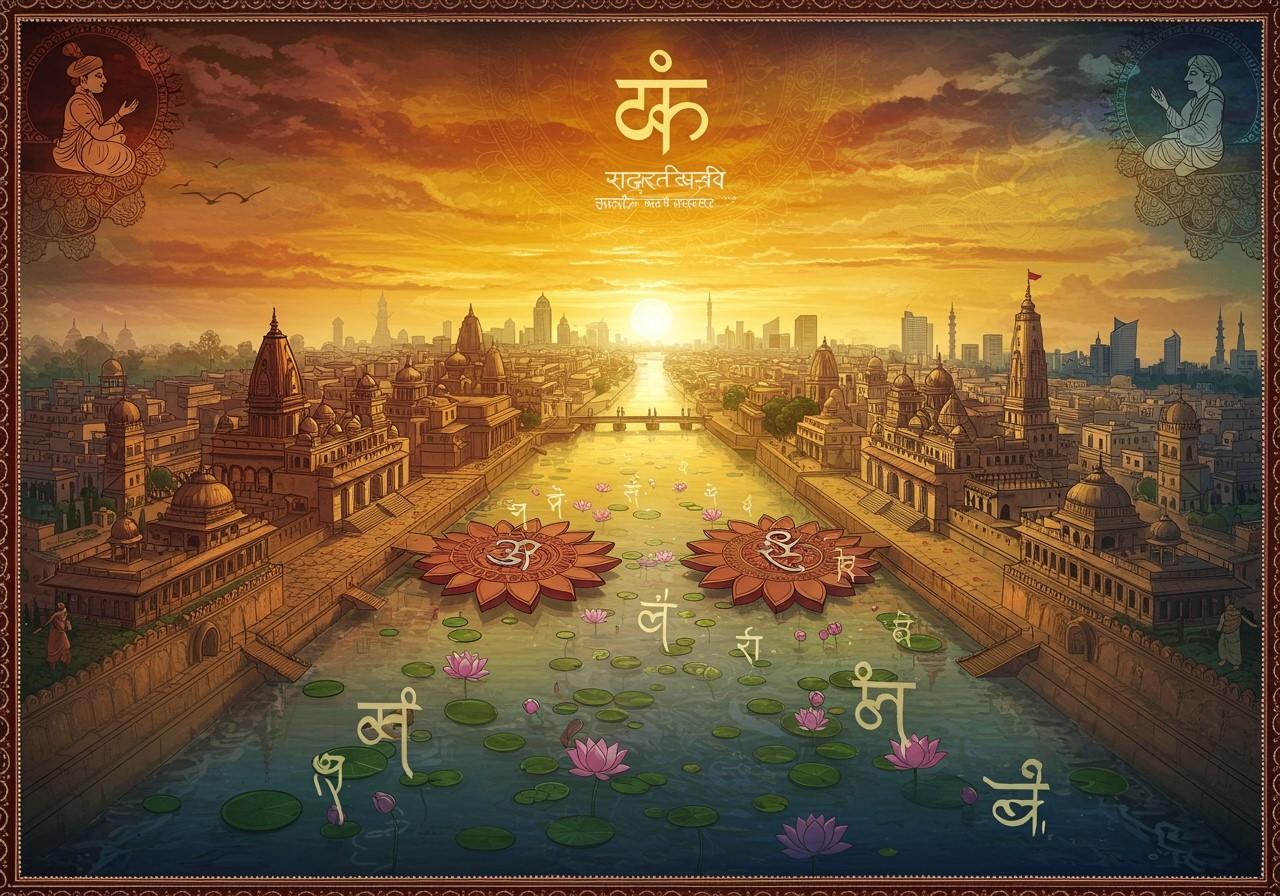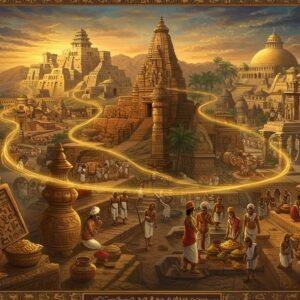Pataliputra vs. Patliputra: Spelling, Pronunciation, and Meaning – Which Is Correct?

The ancient city of Pataliputra, also known as Patliputra, often sparks debate regarding its correct spelling and pronunciation. This article delves into the historical and linguistic nuances of these variations, shedding light on this significant center of ancient India’s cultural heritage. Understanding the subtleties of its name enhances our appreciation for Pataliputra’s rich history.
A Journey Through History
Pataliputra, a pivotal city in ancient India, served as the capital of powerful empires like the Maurya and Gupta dynasties. Its history traces back to the 6th century BCE, flourishing as a hub of learning and prosperity until its decline in the 7th century CE. Initially built by Magadha ruler Ajatashatru in 490 BCE and later expanded by Udayin, Pataliputra played a crucial role in shaping India’s political, cultural, and economic landscape. Emperor Ashoka’s reign and the spread of Buddhism are just a few examples of the significant events connected to this historical city. The modern-day city of Patna, Bihar, is situated near the ancient site of Pataliputra.
Unraveling the Spelling Variations
The variations in spelling, “Pataliputra” and “Patliputra,” stem from linguistic shifts over time and regional influences. Sanskrit and Prakrit, ancient Indian languages, played a role in these variations. Both spellings appear in ancient manuscripts and modern texts, reflecting the evolution of language and cultural transmission. Colonialism and modern education systems have also influenced spelling preferences.
Mastering the Pronunciation
To pronounce Pataliputra correctly, consider the following phonetic transcriptions:
- Pataliputra: /pɑːtəˈliːpuːtrə/
- Patliputra: /ˈpɑːtliːpuːtrə/
Mispronunciations often arise from unfamiliarity with the language’s sounds. Listening to native speakers and consistent practice are key to accurate pronunciation, which in turn helps preserve cultural heritage and tradition.
Pataliputra’s Enduring Legacy
Pataliputra’s significance continues to resonate in modern India through literature, academic research, and popular culture. Modern-day Patna carries the echoes of its ancient predecessor. Ongoing efforts strive to preserve and promote Pataliputra’s historical legacy, emphasizing the importance of accurate spelling and pronunciation in academic and cultural contexts.
How to Pronounce Pataliputra in English
For English speakers, here’s a breakdown of how to pronounce Pataliputra:
- Divide into syllables: Pa-ta-li-put-ra
- Stress the ‘li’ syllable
- Refer to native pronunciations for accuracy
- Practice speaking it aloud
While some sounds might be unfamiliar to English speakers, listening to native pronunciations and regular practice can overcome these challenges. Accurate pronunciation contributes to preserving the rich heritage of this historical city.
Poojn.in: Your Gateway to Traditional Items from Pataliputra
Poojn.in, India’s largest cultural goods and services store, simplifies the process of finding authentic ritual items connected to the historical region of Pataliputra (modern-day Patna). We offer a wide selection of traditional products, including:
- Ashoka Bark (Saraca Asoca): Sourced with utmost care, Ashoka bark holds deep significance in traditional practices. We provide detailed product descriptions and ensure authenticity, making it easy to incorporate this sacred item into your rituals. Available in various forms, including powder and raw bark.
- Arjun Bark (Terminalia Arjuna): Also known as Arjuna in Hindi, this sacred bark is revered in traditional practices. Poojn.in offers pure, high-quality Arjun bark, responsibly sourced and available in various regional names, ensuring authenticity and accessibility for all. Regional variations include Arjuna Ela (Tamil), Arjuna Kottai (Malayalam), Arjunaru (Kannada), and Nirmarjuna (Telugu).
Visit Poojn.in today to discover our comprehensive collection of authentic ritual items from Pataliputra and other sacred regions. We provide secure packaging and reliable delivery across India, ensuring your traditional items reach you with the respect and care they deserve.
Conclusion
Understanding the history, spelling nuances, and pronunciation of Pataliputra, whether you use “Pataliputra” or “Patliputra,” is crucial to appreciating its rich cultural heritage. Recognizing its historical importance and striving for accurate pronunciation honors the legacy of this ancient city. As modern-day Patna thrives near the site of ancient Pataliputra, we continue to celebrate and preserve its remarkable past. The way we communicate about Pataliputra today ensures that its history lives on for generations to come.


